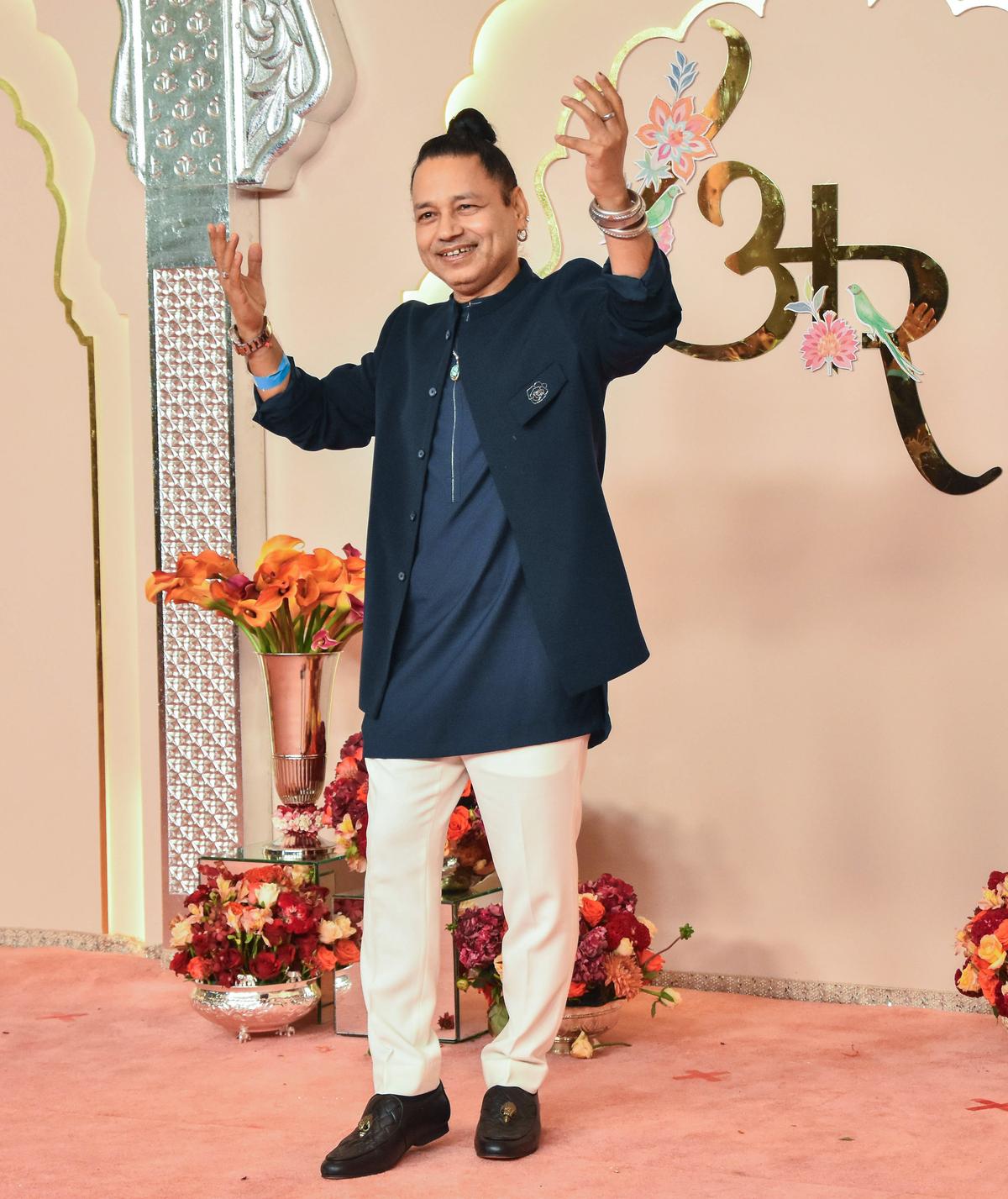People in colonies and mohallahs across north India wake up to the robust voice of Kailash Kher wafting through waste collection vehicles of municipal corporations and municipalities urging them to keep their surroundings clean. Kher describes the popular cleanliness anthem, ‘Swachh Bharat Ka Irada’, as a “pleasant and successful” way to connect music with something as prosaic as garbage disposal. “Often where lectures don’t work, two to three meaningful lines set to music change minds and hearts. A line like ‘humse niklegi swachchta ki ek nadi, swachhta ki jyot ghar ghar jalayenge’ conveys the larger purpose behind the mission. The song by default takes my voice to homes who have not heard me otherwise.”
Kher says he has heard the song, written by Prasoon Joshi, being sung by school children in Ratnagiri in Maharashtra during school assembly. The need of an anthem for the cleanliness campaign struck Kher when Prime Minister Narendra Modi appointed him as one of the navratnas for the Swachh Bharat Mission. “At first, I also posed with a broom, and adopted a ghat, but later thought that my real contribution could be through music.”

Across party lines
Over the years, Kher has emerged as the go-to singer for party songs. No, not for pubs and discotheques but for political parties who fight electoral battles. Interestingly, whenever there is an election, Kher’s voice remains the connecting link between warring political parties. This Lok Sabha election was no different as in rallies and door-to-door campaigns, his voice could be heard to promote the Bharatiya Janata Party, Samajwadi Party, and Bahujan Samaj Party with songs that were recorded at different periods of time.
Analysing his demand among political parties, Kher says whenever a proposal comes he makes a disclosure that he has sung for the rival party but people still insist. “I guess in my truthful voice, their half-truths and falsehoods sound pure and convincing,” he chuckles. Kher says that his voice and music are “sincere and have a provocative quality” that can generate “mass support for a party or a government scheme.”
Claiming to be non-partisan, Kher says for him humanity is the biggest party. “When you go to the hospital, you don’t find people bragging about ideology and political affiliation,” he muses. Kher reminds us he was the first to compose and sing for Anna Hazare’s India Against Corruption movement. “’Ambar Tak Yahi Naad Goonjega’ became so popular that it was later used to promote Aam Aadmi Party as well.”
However, his electrifying number ‘Sita Nahin Milegi Kaise, Ek Ram Chahiye’ from the Bhojpuri film Gadar is often used on social media to promote bahubali politicians in the hinterland. “When a song comes back to me in the form of reels in a new context, I can only laugh. You can’t take yourself too seriously and can’t invoke the Copyright Act for a 30-second Reel. It all evens out. My Baahubali number ‘Jay Jaykara’ is often played ahead of PM Modi’s programmes abroad.”

From ‘Allah Ke Bande’ (Waisa Bhi Hota Hai) and ‘Subhanallah’ (Fanaa) to ‘Ram Dhun’ in Main Atal Hoon, Kher has covered a wide spectrum of spirituality and romance through his music. “For me, dharma translates to duty rather than rituals. When the cases of COVID-19 were tapering, I came out with a song, ‘Anadi Ananta’, and released it on YouTube. The love it received from the public reaffirmed my faith in the healing power of music.”

Kher compares his music to “desi (pure) ghee” where the purity of language, meaning of words, and lyrical quality are supreme
| Photo Credit:
SPECIAL ARRANGEMENT
Southern riffs
Kher has sung in 22 languages, but his association with A.R. Rahman right from his formative years in the music industry is not often talked about. Kher attributes his prolificity in recording songs in south Indian languages to his command over Sanskrit. “When I was spending time in a Rishikesh ashram learning Sanskrit, it was considered old-fashioned, but it has helped me a great deal in singing songs in regional languages. I am proud of my Filmfare (South) Award for the Telugu song ‘Pandagala Digivacchavu’ (Mirchi).”
With Rahman, he says, he has a spiritual connection. “Be it Amir Khursau, Bulleh Shah, Sant Raidas, or Baba Gorakhnath, we both love and are driven by the music of great saints.” Rahman was touched by the hardships that Kher went through during his early years. “Rahman’s mother was fond of me. After a recording in Chennai, she asked me to stay back and gradually I became like a family member. I make him shed his serious side.”
Technological advancement means Kher no longer needs to visit Rahman’s Chennai studio. “These days I record my portion in my Mumbai studio and he listens and works on it in real-time in Los Angeles.” The two have recently collaborated on Chamkila where they sang the evocative duet, ‘Bol Mohabbat’. “Rahman keeps experimenting and that is what keeps his music fresh. The difference in our tonality and textures make it an exciting experiment. I find Rahman singing in Punjabi cute,” says Kher and goes on to give a demonstration of Rahman’s singing.

Kher poses for a photo as he arrives to attend the wedding of Reliance Industries Chairman Mukesh Ambani’s son Anant Ambani and Radhika Merchant, at the Jio World Convention Centre in Mumbai
| Photo Credit:
ANI

Kher also compares his music to “desi (pure) ghee” where the purity of language, meaning of words, and lyrical quality are supreme. On his 50th birthday, Kher, whose band Kailasa remains one of the biggest draws in the non-film circuit, has come up with ‘Ishq Hai’, a new romantic number that captures the essence of love in a satirical tone. “I believe imagination knows no age. We have seen Gulzar sahib writing romantic numbers at a ripe age.”
However, he is losing hope in film music because he feels most producers and composers look for a reference point of a hit number from the past when they make an album. “It can give you instant gratification but this is not how you break new ground.”
Meanwhile, his innovative format of a music-based reality show around folk songs on Doordarshan continues to find traction. “It is a clutter-breaking show among foreign formats on Indian television that draws from the ocean of Indian folk music. We spend 12 to 18 months with the participants before putting them on air,” says Kher, who has produced the show and is one of the judges.

